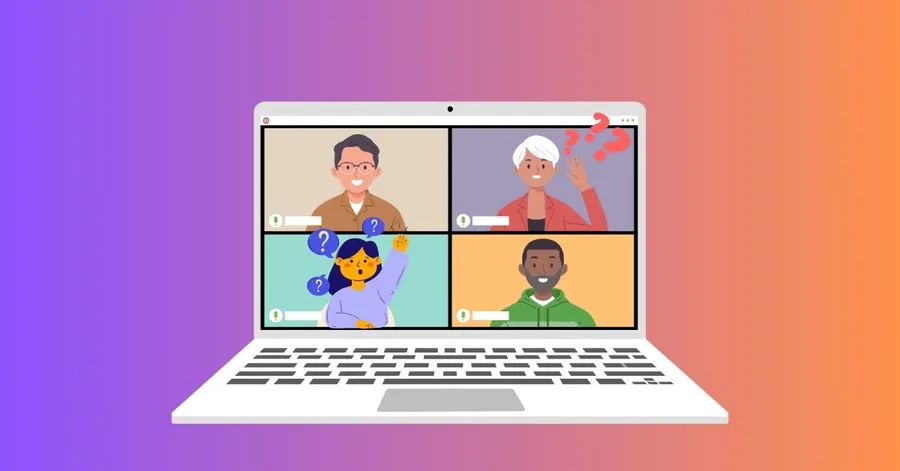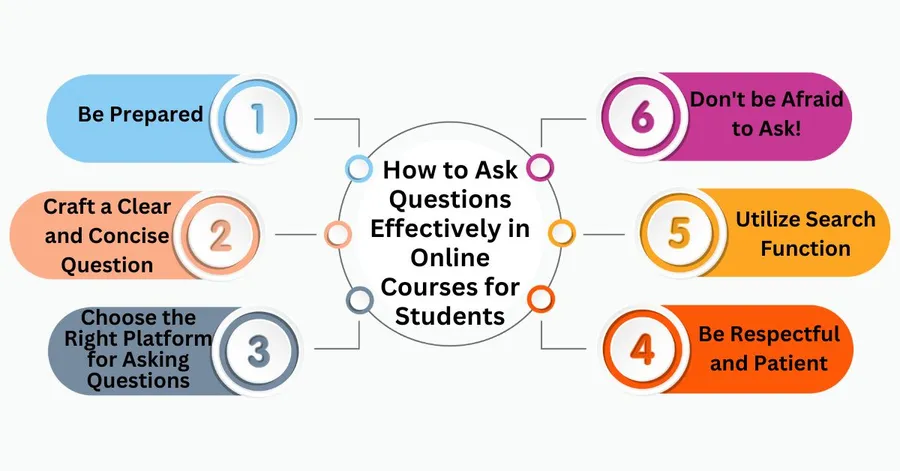About two years ago, Ask smarter I was knee-deep trying to learn Docker. (Yeah, a little late to the party, but better late than never, right?) Anyway, I was watching this tutorial, and things were breaking. So I jumped into a forum and typed:
“Why doesn’t my container work?”
Ugh. That’s it. No error message. No steps I took. Just vibes.
Guess what? No one replied. Or if they did, it was just a “can you add more info?” type of response.
The real problem? I didn’t ask a useful question. I was expecting someone to magically understand what I meant. Rookie move.
Ask Smarter Questions Are Like Shortcuts

Now contrast that with something that happened recently.
I was playing around with setting up a CI/CD pipeline for a side project. I hit a weird bug in GitHub Actions, but instead of whining into the void, I wrote this:
“Hey folks, I’m trying to deploy a React app using GitHub Actions. My workflow fails at the ‘build’ step with this error:
Module not found: Can’t resolve ‘./App.css’.
I’ve confirmed the file exists. Could this be a case-sensitive issue on Linux runners? Anyone faced something like this?”
Boom. Within minutes, I got two solid replies. One even shared a similar repo to compare against.
Stop Googling “How to Learn Faster” — Start Ask Smarter
If you want to speed up your learning curve, especially in tech, the secret isn’t another Udemy course.
It’s precision. And that starts with your questions.
Whether you’re debugging something or just curious about a concept like “how the heck does DNS actually work?” — being clear, curious, and specific will help you way more than generic rabbit holes.
Real talk: The internet doesn’t owe us answers. But it loves a well-asked question.
Okay, So How Do You Ask Smarter ?
No fancy frameworks here. Just stuff that’s worked for me.
a) Be Embarrassingly Specific to Ask Smarter
If your question feels almost too detailed, you’re probably doing it right.
Instead of saying:
“Python script not running”
Say:
“Trying to run a Python script that reads a CSV using pandas, but I’m getting a UnicodeDecodeError. File opens fine in Excel. Could this be an encoding issue?”
Way better.
b) Include Context, But Not Your Life Story
People are willing to help, but don’t dump an essay.
Just share:
- What you tried
- What you expected
- What you got
Three simple parts. That’s it.
c) Ask Yourself First
This one’s underrated.
Before throwing a question into StackOverflow or a Discord channel, I literally ask myself out loud, like a weirdo:
“What exactly is confusing me here?”
Sometimes that one moment of pausing saves me from asking anything at all.
Learn in Public. Ask in Public. Be Okay With Looking Dumb.
This part? Still hard for me. No lie.
Asking in public means risking that someone might think you’re clueless. But honestly, 90% of people are just relieved they’re not the only one who didn’t get it either.
The first time I tweeted a technical question, I thought:
“What if this is super obvious and people laugh?”
Nobody laughed. A few devs actually DMed me saying they had the same question and never asked.
So yeah—ask in public. It creates this ripple effect of shared learning.
You’ll help others too, not just yourself.
Don’t Chase Perfect Answers. Chase Better Questions.
This one hit me only recently.
I used to get frustrated when someone gave me a partial answer or just linked a doc.
But then I realized… the real win is not the answer itself. It’s the next question it leads you to.
Like, when I asked about API rate limiting the other day, the person replied:
“Depends on the type of token you’re using. Are you authenticating with OAuth or a personal token?”
Boom. I hadn’t even thought about the difference between the two.
Their question taught me something.
Weird, right?
But yeah—sometimes, the best answers are more questions.
Oh, and Don’t Forget Your Attitude
People are way more likely to help if you show you’re trying.
Just being polite and appreciative makes a huge difference.
I’ve seen threads where someone says:
“URGENT!!!! HELP!!!!”
And folks just ignore it.
But someone else adds:
“Hey, I’ve been stuck for a bit. Tried X and Y. Any suggestions? Thanks in advance!”
And boom—replies start flying in.
The internet rewards kindness more than we think.
Tools Don’t Teach. People Do.
Last point.
We live in this age of magical tools—ChatGPT, GitHub Copilot, AI-powered docs—but the real acceleration still comes from talking to people.
- Mentors
- Colleagues
- Random strangers on Reddit
- Your future self reading your own notes
Wrapping It Up…
If you’re serious about learning anything faster—tech, music, cooking, whatever—stop focusing only on finding answers.
And yeah, you’ll probably ask dumb ones sometimes. I still do.
But I’ve also learned that asking dumb questions confidently is way better than staying stuck quietly.
Read our more blogs-DIY Smart Lock Project with ESP8266 Wi-Fi Module


